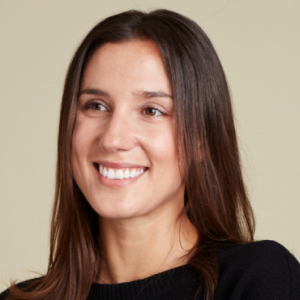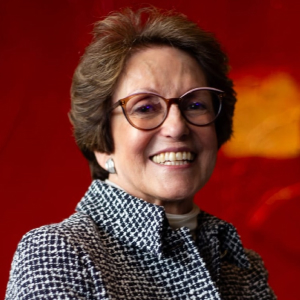About
Principles
We recognize that sunlight reflection research carries risk and that how we conduct research is as important as what research we conduct. The following principles are meant to serve as a north star for the organization as we engage in this work. We believe that:
Team

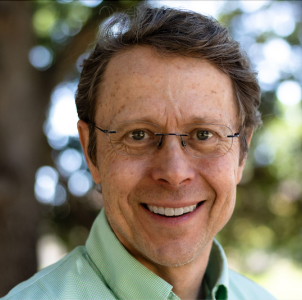

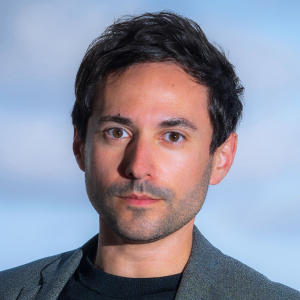




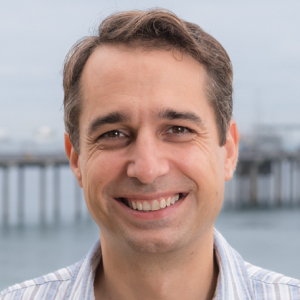


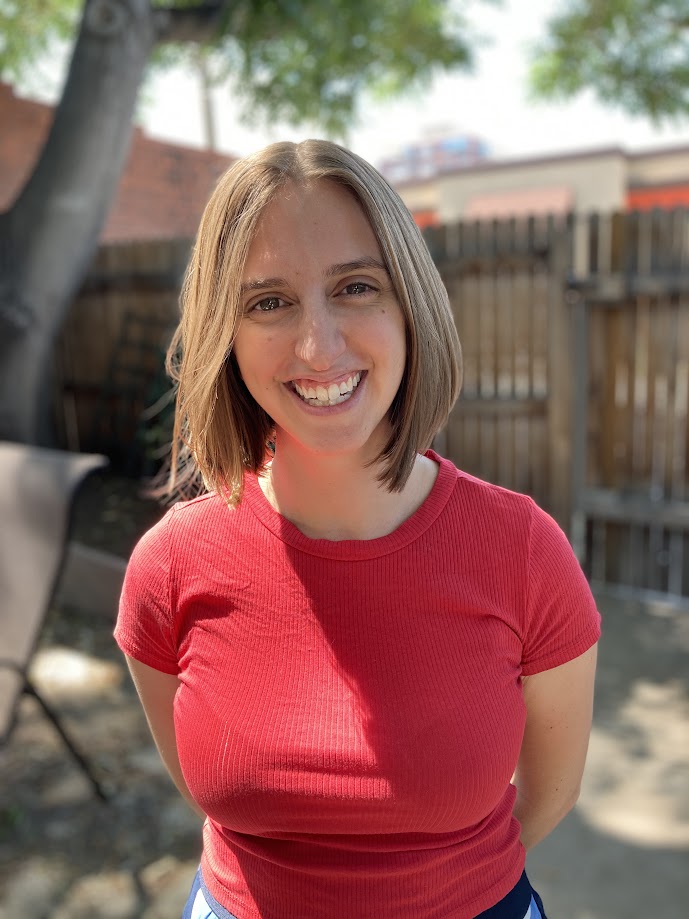

Scientific Advisory Board
FAQs
Sunlight reflection, also called solar radiation management (SRM), is an emerging field of research into interventions that increase the amount of solar energy reflected back into space, avoiding warming and its global impacts.
Climate models have shown that sunlight reflection, when combined with emissions reductions, has meaningful potential to reduce near-term climate impacts. Despite theoretical reasons for optimism, evidence and data are still lacking. We still don’t know enough to make a robust scientifically-informed decision about the potential impact of deployment—and we’re not progressing towards answers quickly enough.
Stratospheric aerosol injection (SAI) is a proposed method to reflect incoming sunlight. SAI would involve distributing reflective aerosols, such as sulfates, in the lower stratosphere. These aerosols will reflect some sunlight into space, thereby decreasing the amount of heat that reaches the Earth. The idea is inspired by volcanic eruptions, which naturally send particles into the atmosphere, temporarily cooling the Earth.
Reflective focuses primarily on SAI for one reason: timeline. By 2030, we believe there will be demand for a rigorous assessment of a “first generation” approach to reflect sunlight, which we believe will be SAI using sulfate aerosols. Limited time demands focus and rigorous prioritization to reduce the most significant sources of uncertainty, to answer key open questions about the physical, societal and political risks and benefits, and to equip the world with the tools and technologies required.
SAI may be the most controversial climate intervention option, but (A) current research suggests that it’s the only approach likely to work as a tool for global, rather than more targeted, cooling, (B) it’s the most well-known method, so it’s going to be on the table once policymakers begin weighing options and (C) because there is a natural precedent for sulfate aerosols (stratospheric volcanic eruptions) that provides an upper bound on climate impacts at lower scales of deployment. Given this, we anticipate that sulfate aerosols are a likely “first generation” approach, with alternative aerosols a potential “second generation”.
While there can, and should, be effort put into research for “gen2” SRM approaches, these should only be funded once it is clear that activities on the critical path for “gen1” are adequately resourced and moving quickly.
No. SAI is not a substitute for reducing greenhouse gas emissions. SAI does not address the root cause of anthropogenic climate change—the buildup of greenhouse gases such as carbon dioxide (CO2), which persist for centuries, driving long-term warming, ocean acidification, and change in extreme weather and climate. SAI may temporarily lower temperatures, but reducing greenhouse gas emissions significantly and fast as it is essential for lasting climate stability and environmental health.
No. Reflective supports expanding research in areas necessary for making informed decisions on whether and how to deploy SAI, when that time comes. Reflective will build a robust knowledge base to guide societal decisions on SAI deployment and support global, legitimate decision-making on climate-relevant timescales.
Reflective is a nonprofit, funded entirely by grants or donations from a number of leading philanthropies focused on addressing climate change. We do not accept anonymous donations and transparently post a full list of our donors on our website. We also do not accept donations from corporations, foundations, or individuals if the majority of their current profits or wealth come from the fossil fuel industry unless they can clearly demonstrate that they do not have a conflict of interest and present a strong track record of supporting efforts to address anthropogenic climate change.
Email us! info@reflective.org
Careers
To accelerate critical sunlight reflection research, Reflective is building a new kind of climate organization. We work across science, engineering, policy and civil society and we’re committed to being one of the best places to work on climate. That means competitive compensation and benefits, a focus on professional and personal growth, and outstanding culture.
Our open positions are listed below. If you don’t see anything that fits your profile, we’d still love to hear from you – please contact us!
Funders
Reflective is a nonprofit, funded entirely by grants or donations from a number of leading philanthropies focused on addressing climate change.
